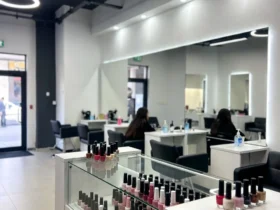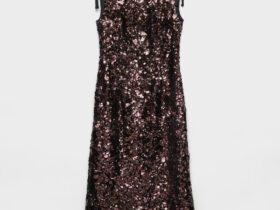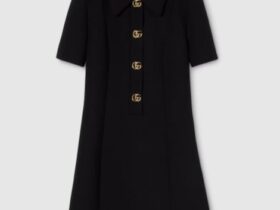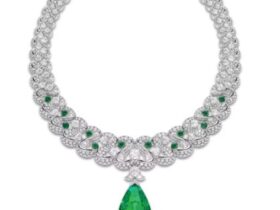No products in the cart.
Alcohol Consumption in a Cruise Ship-What to Do to Promote Safety?

Being a crew member working on cruise ships comes with many rules to obey. The Drinking rule is among the top rules and perhaps the rule that’s usually being broken. That’s why crew members should undergo training, like the RBS certification, as it educates them more about serving alcohol while onboard.
If you are a crew member, know that you are only allowed to drink the equivalent of a small bottle of beer. And it usually varies on the size of the person drinking it.
You should not have more than 5% alcohol intake in your system because if you exceed this, you may be fired. While it is a great way to celebrate and relax, it may pose risks and dangers to yourself, the people around you, and the cruise ship.
So what is alcohol consumption on a cruise ship allowed, whether it’s for the crew or passengers? Here’s what you need to know.
Consumption of Alcohol Onboard
Alcohol consumption on board ships was progressively phased out because of strict screening and regulations. Most organizations, whether passengers or mariners have already enforced the non-alcoholic policy on cruise ships.
PSC Officers could carry out some random alcohol tests on the crew members. There were also some adverse effects on general safety, and these are valid reasons to avoid not only the consumption of alcohol but also drug abuse.
Also, the legislation has severe penalties, where alcohols are adjudged to contribute to any accidents, which may be introduced worldwide on an increasing scale.
The penalties imposed not only cover the injuries to the personnel or even damage to the property, but they could also have some high costs to prevent clean-up damages to the environment. That’s why people, especially the crew onboard, should undergo training and education, like the RBS Certification.
Some reports mentioned various cases in which alcohol and even drug use may be a factor in aviation, marine, rail, and highway accidents.
Consequences and Dilemma of Alcohol Consumption
What makes the cruises so different is that troublemakers are punished harshly compared to land-based consequences or misdemeanors.
The unruly passengers can be detained in a cell before they get kicked off at the next ports and forced to find their way home. These are even stated in the passage contract that they would sign before they board.
Promoting Prevention in Protecting the Health and Safety of People Onboard
Most administrations are responsible for protecting the safety and health of the people onboard.
-
Medical Examinations and Health Checks
Before being qualified to be on board, there must be checks for alcohol and drug abuse. It’s mandatory and included in the medical examination of seafarers, both initial and during screening or periodic medical checks.
-
Sufficient Education and Training
Of course, support and guidance should be provided, especially the expertise in assisting the development of schemes in preparing trainers. There are so many training out there to help them, and one of the training is the RBS Certification.
Training applications and educating seafarers and even shore workers is a big help to prevent symptoms of drug and alcohol abuse.
- Raising and Promoting the Profile of Prevention
You should also coordinate accident reports and offer risk assessment data and other information that the country’s maritime industry could use to raise the subject’s profile and promote the dangers posed by alcohol and drug abuse.
- Rehabilitation Services
These services provide rehab services for seafarers who are diagnosed as having or who have already acknowledged the drug or alcohol abuse problem.
- Set Safety Limits
Prescribing the maximum blood alcohol level for the watch keepers is the minimum safety requirement, and other prohibitions include prescribing medications or alcohol that may affect the watch-keeping seafarers or even those who are onboard engaged in safety operations.
- Non-discrimination
Introducing and developing legislation that will ensure that seafarers are rehabilitated should follow the individual’s success in completing the approved treatment program aren’t discriminated against the employers.
- Alcohol Abuse be a Medical Condition
People who have alcohol issues must be encouraged to seek medical assistance. That will reduce health and safety risks to other seafarers on board ships.
- Acting as Focal Point
Acting as the industry’s focal point and sharing and expressing national experiences/views to prevent problems from arising on board is a big help for passengers and seafarers.
Wrapping Up
Perhaps the easiest way for cruise companies to prevent heavy drinking is to increase alcohol prices or never serve. However, this can be impossible and goes against attracting new customers as people would look for drinks that will booze them off.
That said, the best way is to encourage people on board, especially those who serve to undergo training, like RBS certification. That way, brawls on cruises would be prevented.















Leave a Reply